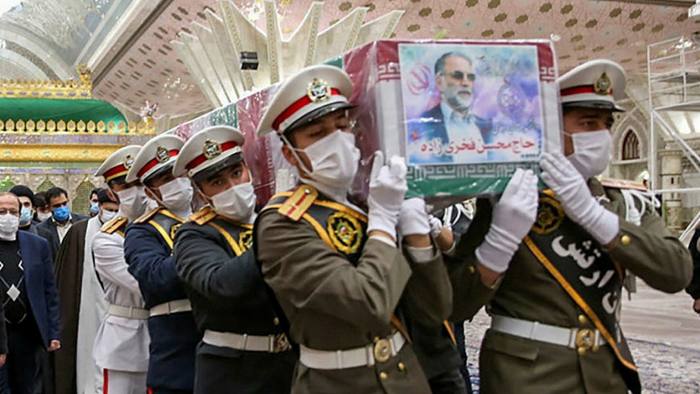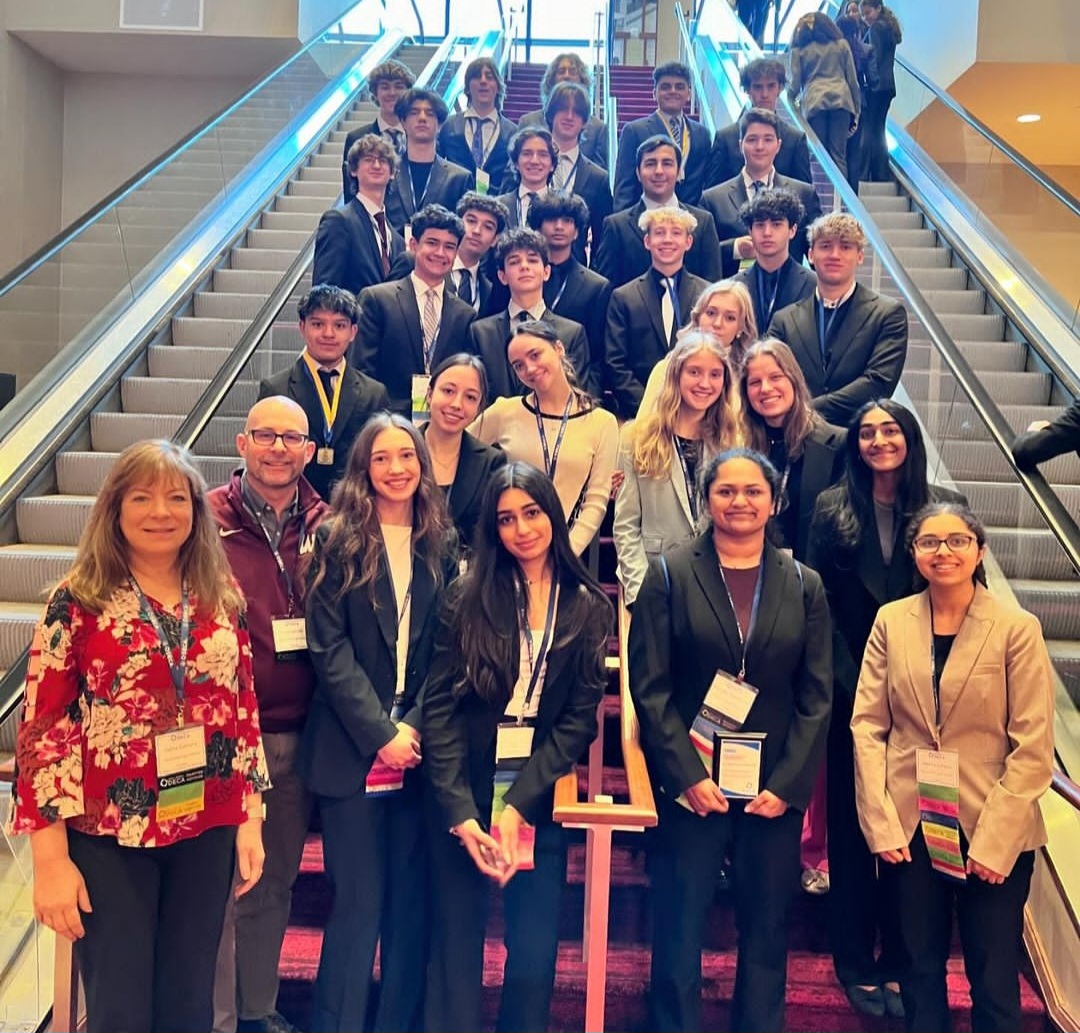Assassination of Iran’s Top Nuclear Scientist Creates Chaos in the Middle East
December 9, 2020
The recent assassination of Iran’s top nuclear scientist, Mohsen Fakhrizadeh, is fueling an uproar of hostility in the Middle East, sparking speculations on who is to blame, the possibility of Iranian retaliation, and conspiracies on U.S. involvement.
Fakhrizadeh’s car was ambushed by bullets in the town of Absurd, to the east of Tehran on November 27. However, many different versions of the story have since surfaced that appear to contradict one another, making the details of the attack unclear.
The initial account consisted of a dozen armed attackers opening fire on the scientist’s vehicle.
The later version reported the use of both a remote-controlled vehicle and even more out of the ordinary, a remote-controlled gun.
Iranian media outlets have widely publicized this particular account, depicting the ambush as a very complex mission that involved the use of special electronic equipment. While it does seem implausible, it does not completely exceed the realm of possibility that the attack was in fact conducted through the use of “remote-controlled machine guns” or weapons “controlled by satellite.”
The Iranian government is interpreting Fakhrizade’s death as an intended blow to their nuclear program, considering he was an instrumental scientist in the creation of numerous weapons.
Ayatollah Ali Khamenei, the Islamic republic’s Supreme Leader, is accusing Israel of perpetrating the assassination, promising “harsh revenge”.
Since Israel has yet to comment on these claims and threats, conspiracies about the possible motives behind this brazen killing have come to light.
For instance, many believe that this was a collaborative effort by President Donald J. Trump and Israeli Prime Minister Benjamin Netanyahu to sabotage the Biden administration’s future plans to resume negotiations with Iran and revive the 2015 nuclear agreement.
Others insist that while the President did not orchestrate the assassination, he may have known about it before its occurrence, not issuing a warning for the same political motives against President-Elect Joseph R. Biden.
Iran’s newly founded distrust and plans for retaliation will undermine the Biden administration’s ability to reach an agreement with them to return to the joint comprehensive plan of action. The deal involves Tehran limiting its nuclear programme in exchange for relief from international sanctions.
President Trump has voiced his disapproval of this, considering that in May of 2018, he withdrew the country from the deal and crippled the Iranian economy by instituting new sanctions.
“Whether the U.S. was involved in Fakhrizadeh’s death or not, it is clear that the fate of our Middle Eastern relations will be inadvertently compromised, ” said Senior Lydia Balah. “Determinations can not be made until more information is released, thus, it is not productive to dwell on the conspiracies and uncertainties surrounding the details of the attack. While it would be beneficial, as of right now, it looks like restoring the nuclear deal won’t be an easy task.”
















